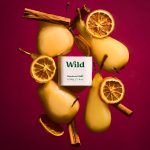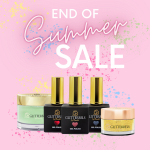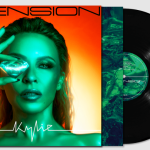
Do you know what nutrient foods are? If you’re looking for more natural, protein-rich foods to add to your diet, it’s perfect if they’re also high in antioxidants, amino acids, and anti-inflammatory compounds — you might want to consider starting at your local grocery store. Purchase bee pollen at a health food store or farmer’s market. These small yellow particles are collected by bees from flower to flower and of course may contain a mixture of pollen, saliva and nectar. While this may not sound flattering, it is important that bee pollen is rich in nutrients and has a subtle sweetness that pairs well with many foods. Never confuse bee pollen with other bee products. This natural dietary supplement has its own unique nutritional value that deserves a separate discussion.
Do you know what are the benefits of consuming bee pollen? Emily Simons, a registered dietitian, told us: “Bee pollen is a nutrient-dense food that just needs a little bit of a big lump to pack a lot of nutrients. While research on bee pollen keeps popping up, Simons particularly emphasizes It may be especially effective in fighting inflammation. If you want to include anti-inflammatory foods in your diet, bee pollen would be one of your good options. Because it’s very high in anti-inflammatory compounds, specifically targeting certain antioxidants, Helps reduce inflammation in the body. It may be unnecessary to inject if it is not serious. Bee pollen is also rich in amino acids and protein, and can be a source of other key nutrients, including vitamins A, B1, B2, B6, C, D, and E. Bee pollen has many other effects, such as may help reduce swelling and relieve acute and chronic inflammation; detoxify the liver; support the immune system; and even reduce the effects of stress by increasing blood flow to the nervous system. Bee pollen also has antifungal and antibacterial properties and is thought to speed up the healing of wounds and burns.
Is Bee Pollen Really Safe? Before using bee pollen, be sure to check with your doctor to make sure that bee pollen is safe for you. You should make sure to buy pollen from a reputable supplier, such as a bee farmer or a health food store. No matter where you buy it, there are several situations in which it may be unsafe to consume bee pollen. such as taking certain medicines.
Because bee pollen may interfere with some specific medications, it can cause increased bleeding if taken with certain blood thinners. So it is recommended that if you are taking a certain drug, please consult your doctor before use to see if it will affect each other. If you have a bee or pollen allergy, then you should avoid bee pollen. Also, if you are allergic to environmental pollen or are sensitive to other bee products such as honey or beeswax, you should be especially cautious when consuming bee pollen. If your skin is itchy, swollen, or more seriously, you have difficulty breathing, stop using it immediately and go to the hospital immediately. It is also recommended that women who are pregnant or breastfeeding avoid consuming bee pollen.







